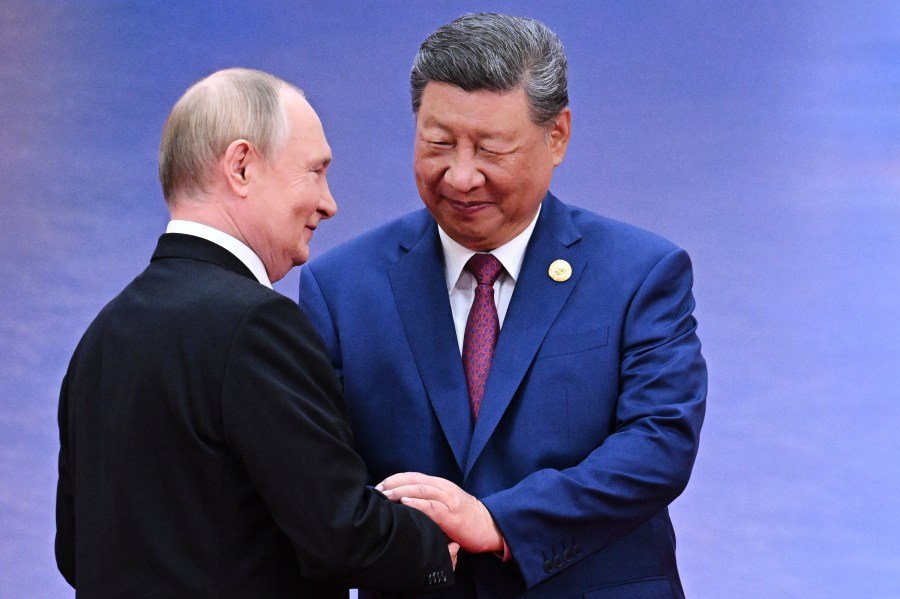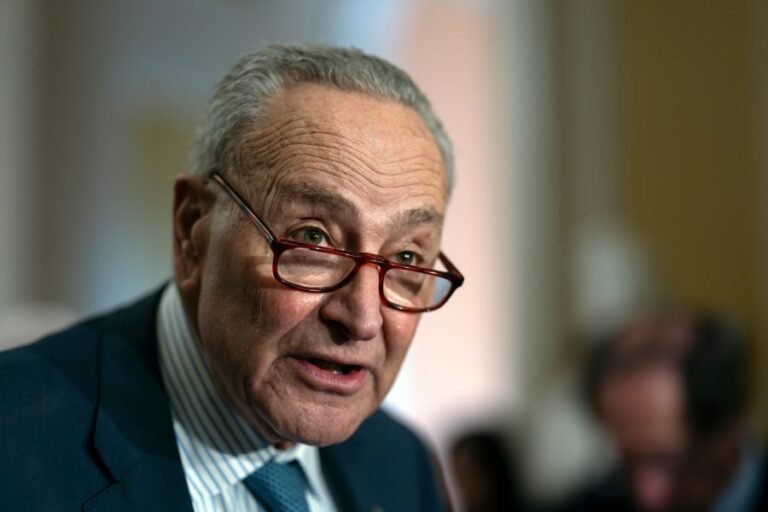
Just days after Vladimir Putin stood beside Xi Jinping at Beijing’s grand military parade following the Shanghai Cooperation Organization summit, Russia’s two largest state-owned enterprises, Rosatom and Gazprom, announced they were preparing to issue yuan-denominated “panda” bonds in China.
The timing was no accident. Moscow is sending a message that it has found an alternative financial anchor in Beijing, and Beijing is signaling its willingness to underwrite a partnership that directly challenges Western power.
The issuance of yuan bonds by Rosatom, Russia’s nuclear energy monopoly, and Gazprom, the gas giant long at the center of Europe’s energy politics, represents more than a financial transaction. It is a statement of geopolitical intent that carries implications for the war in Ukraine, the future of sanctions, and the global role of the dollar.
This marks the first major attempt by Russian corporations to issue yuan-denominated bonds since the invasion of Ukraine severed Moscow from Western capital markets. Sanctions have cut off Russian access to dollars and euros, forcing the Kremlin to seek out new avenues of financing.
By securing AAA ratings from Chinese credit agencies, both Rosatom and Gazprom have paved the way to tap the world’s second-largest bond market. If successful, they will set a precedent for other sanctioned Russian companies, and possibly for firms from the wider BRICS bloc or Global South, to bypass Western finance entirely.
Such a move would undermine the efficacy of sanctions while simultaneously boosting the role of the Chinese currency in global markets. The symbolism is heightened by the participation of Gazprom — a company blacklisted by the U.S. for financing Russia’s war now receives Beijing’s blessing to raise funds in yuan. That decision, combined with the simultaneous approval of the Power of Siberia 2 pipeline project, highlights how energy and finance are becoming twin pillars of the Sino-Russian alliance. Power of Siberia 2 will funnel massive quantities of Russian gas into China.
Rosatom’s role adds a further strategic dimension. During his visit, Rosatom’s chief executive Alexei Likhachev declared that his company was prepared to help China surpass the U.S. in nuclear power capacity. Russia has already built four reactors in China and is constructing four more.
China’s leadership has made clear that it intends to win the race for artificial intelligence dominance. Vast, stable, low-carbon energy supplies will be critical to powering the data centers and supercomputing infrastructure. If China can marry Russian nuclear expertise to its AI ambitions, the result will be a structural energy advantage in the very competition that Washington views as defining the twenty-first century.
The implications for the war in Ukraine are immediate. By raising money in yuan, Russian companies can shore up their balance sheets, keeping energy exports flowing and providing indirect support to the Kremlin’s budget. The funds raised in China will not directly finance tanks or missiles, but they will free up resources in Moscow’s strained finances that can be redirected toward the war effort.
Equally important is the political symbolism. Putin can now claim that Russia is not isolated but integrated into a parallel financial system centered on Beijing. Xi, by opening China’s bond market to sanctioned Russian firms, signals to Washington that he will not align with Western sanctions — that China is prepared to provide Moscow with the tools of resilience. Although Beijing still stops short of overt military support, these financial lifelines evince a solidarity that chips away at the sanctions regime.
For Washington and Brussels, this development exposes the limits of their economic coercion. Sanctions are effective only so long as targeted countries lack alternatives, and alternatives are being built. It also foreshadows the construction of a parallel financial architecture for the Global South. During his Beijing visit, Putin called for developing countries to create a “common financial infrastructure.” Yuan-denominated bonds for sanctioned companies may be the first bricks in that foundation. If BRICS members and other emerging economies begin to view Chinese markets as a safe haven, the dollar’s central role will gradually erode.
The challenge to dollar dominance is not hypothetical. Although the yuan still accounts for a small share of international reserves, its use in trade settlements has been steadily rising. China already settles a growing proportion of its energy imports in yuan. If companies like Gazprom, whose revenues were once tightly linked to Europe, now anchor their financing in yuan, the global energy-finance nexus will shift. The more energy contracts, nuclear projects, and infrastructure deals are denominated in yuan, the less central the dollar becomes.
This does not mean the yuan is about to dethrone the dollar. Structural barriers remain, and Beijing’s own caution about capital flight limits the scope of renminbi internationalization. Many emerging economies continue to rely heavily on Western institutions such as the IMF and World Bank, which function through dollar-based systems.
Yet the trajectory is clear — and for the U.S. and its allies, the danger lies not in a sudden collapse of dollar dominance but in the gradual hollowing out of sanctions as a tool of leverage.
The deepening of the Sino-Russian alliance is not just a marriage of convenience born of the Ukraine war, but an alternative order in the making involving energy, finance, and technology to blunt U.S. power and reshape the balance of the international system.
For Russia, yuan bonds mean survival and a means to sustain its war economy. For China, they provide leverage, economic integration with a sanctioned partner, and a pathway to advance the renminbi as a global currency.
For the West, they are a reminder that sanctions alone cannot isolate a country as large as Russia, if China is prepared to provide financial shelter. And for the world, they may herald the early stages of a multipolar financial system where the dollar no longer reigns supreme and geopolitical alliances are written not only in treaties and summits but also in the bonds sold on Beijing’s trading floors.
Dr. Jianli Yang is a research fellow at the Harvard University’s Kennedy School of Government. He is also founder and president of Citizen Power Initiatives for China and author of “For Us, the Living: A Journey to Shine the Light on Truth” and “It’s Time for a Values-Based “Economic NATO.”






